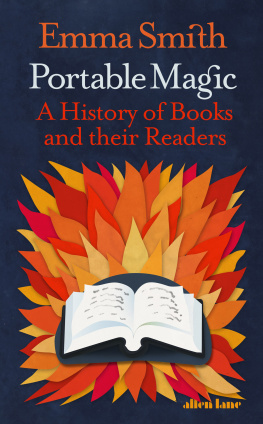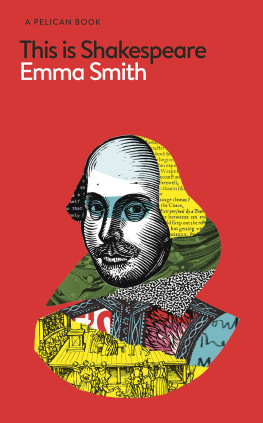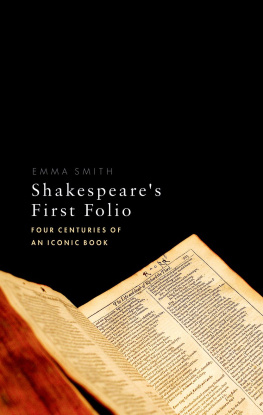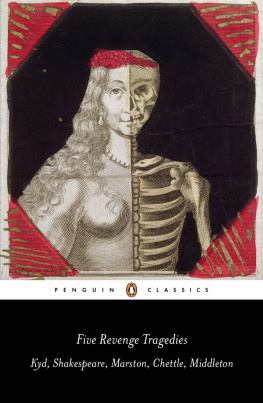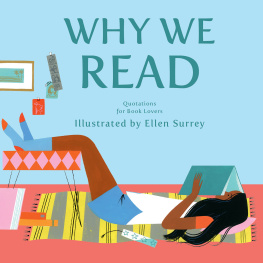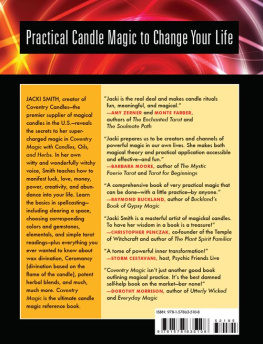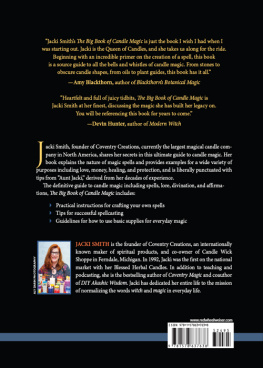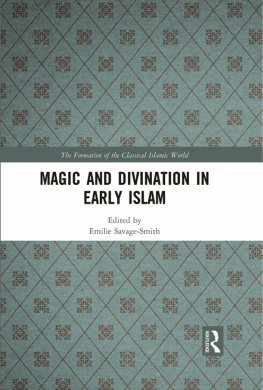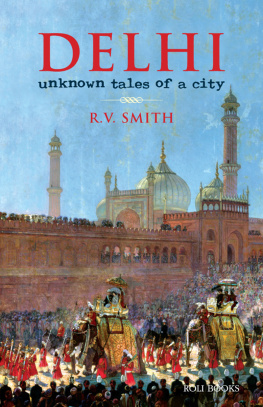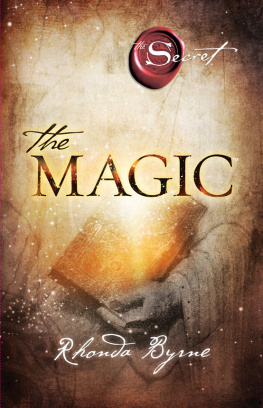Emma Smith
PORTABLE MAGIC
A History of Books and their Readers

PENGUIN BOOKS
UK | USA | Canada | Ireland | Australia
New Zealand | India | South Africa
Penguin Books is part of the Penguin Random House group of companies whose addresses can be found at global.penguinrandomhouse.com.

First published by Allen Lane 2022
Text copyright Emma Smith, 2022
The moral right of the author has been asserted
Cover artwork based on an original drawing by Leo Gestel in the Rijksmuseum, Amsterdam
ISBN: 978-0-241-42728-6
This ebook is copyright material and must not be copied, reproduced, transferred, distributed, leased, licensed or publicly performed or used in any way except as specifically permitted in writing by the publishers, as allowed under the terms and conditions under which it was purchased or as strictly permitted by applicable copyright law. Any unauthorized distribution or use of this text may be a direct infringement of the authors and publishers rights and those responsible may be liable in law accordingly.
For Elizabeth Macfarlane
Introduction: Magic books
There was once a very learned man in the north-country who knew all the languages under the sun, and who was acquainted with all the mysteries of creation. He had one big book bound in black calf and clasped with iron, and with iron corners, and chained to a table which was made fast to the floor; and when he read out of this book, he unlocked it with an iron key, and none but he read from it, for it contained all the secrets of the spiritual world.
This is the opening to the folktale The Master and his Pupil, first printed in English at the end of the nineteenth century but circulating long before. Even though you probably havent read it, it may well seem familiar (thats pretty much the definition of a folktale). And when you read the start of the next paragraph Now the master had a pupil who was but a foolish lad it is probably clear already what will happen. This is a version of the sorcerers apprentice tale, and the pupil will take his place in a line of hapless book handlers from Victor Frankenstein to Harry Potter. Like them, he will stumble into, read aloud inadvertently from or otherwise mishandle this magic book, with terrible consequences.
Sure enough, the boy opens the book, which has been left unlocked by the master. As he reads from its red-and-black printed pages, there is a clap of thunder. The room darkens. Before him there appears a horrible, horrible form, breathing fire and with eyes like burning lamps. It was the demon Beelzebub, whom he had called up to serve him. Asked by this terrifying apparition to set him to a task, the pupil panics. In a strangely domestic moment, he asks the demon to water a potted geranium. The demon complies, but he repeats the action over and over, until the house is awash, and would have drowned all Yorkshire. The master returns in the nick of time, to speak the countercharm that sends the demon back into the pages of the book.
In the massive compendium of folklore motifs compiled by the American folklorist Stith Thompson in the early twentieth century, this story-type is traced across various European languages. Categorized as D, Magic: subsection 1421.1.3: magic book summons genie, its exemplars across many centuries range from Icelandic to Lithuanian traditions. Each of these iterations shares an outline. A magical or powerful book is kept under the control of a learned man a minister, magician or scholar. While he is temporarily absent, some unskilled person in his household a child, servant or friend finds the book and accidentally summons a devil.
The story captures a widespread fear that books are powerful and dangerous in the wrong hands. What makes the master the master, and the pupil the pupil, is their ept or inept use of the book: it is the object that secures their relative positions. It is an active agent of social differentiation, conferring status upon its handler. This is absolutely not a parable of books as democratic objects, available to all. Once the pupil can manipulate the book of knowledge effectively, he will become the master. But this is exactly what makes the book a potential disruptor of social hierarchies.
Anxieties about books disruptive power had begun to intensify in the sixteenth century: in one early version of the story, performed for a culture newly enamoured of the products of mechanical printing, an intellectually restless scholar uses them as go-betweens in his conversation with devils, swapping infernal knowledge for an immortal soul. In this, Christopher Marlowes Dr Faustus departed from its predecessors in German folklore: the original Faustian pact traded directly with the devil. But Marlowe was speaking to the Renaissance world of knowledge created by the printing press, which had made books more present, more prevalent and more liable to fall into the wrong hands (that Faust, or Fust, was also the name of Johannes Gutenbergs business partner in his print shop may be a coincidence, but it is a delicious one).
The sense of books shadowy magic continued to accrue force as the printing press compounded its cultural dominance. Glossing The Master and His Pupil in his 1890 compilation of English Fairy Tales, folklorist Joseph Jacobs suggests that the magicians spell has long been used for raising the: his omission of the word devil reveals that he, like the learned man in the North Country, is invested in the power of the printed word. Jacobss book, which was also responsible for popularizing such familiar stories as Tom Thumb, Dick Whittington, the Three Little Pigs and Jack and the Beanstalk, is implied to possess the power of the sorcerers book of magic: the reader is advised not [to] read the lines out when alone, since one never knows what may happen.
In a tale told with pared-down simplicity, the detail of the books description in The Master and His Pupil is striking: we know more about what it looks like than either of the human protagonists, who are scarcely characterized at all. Thats because the book is at the centre of the story. While its contents are only implied, its outward appearance visualizes its magical powers. Originally, the book features described had a practical purpose, but by the time of the story they had come to connote antique and powerful learning. For example, when books were stored flat rather than upright, as was common practice until the late seventeenth century, their corners needed protection. Metal corner-pieces were thus first practical, and later decorative, aspects of bookbinding. Metal clasps also initially had a practical purpose, preventing pages made from vellum calfskin from curling or buckling in damp conditions. Later, when they were no longer needed, because paper leaves were less susceptible to their environment, clasps were nevertheless retained on some volumes to symbolize the important, precious or secret content between the books covers. Buy a modern tween a physical diary, for example, and that book may well include a lockable plastic clasp in retro imitation, conferring a heightened sense of privacy on their adolescent confessions.
A clasped book also demanded a certain physical ceremony. Writing in the early fourteenth century, explaining and defending his own ruinously expensive book habit, Richard de Bury admonished careless handling of books: In the first place as to the opening and closing of books, let there be due moderation, that they be not unclasped in precipitate haste, nor when we have finished our inspection be put away without being duly closed. Opening and closing the clasp was part of a ritual of respect for the book and its contents, a ritual that should be afforded proper care and time. The medieval-ish leather-bound volume with metal clasps described in the story thus has a range of visual connotations, with magic, with scripture and ritual, and with storytelling itself.

